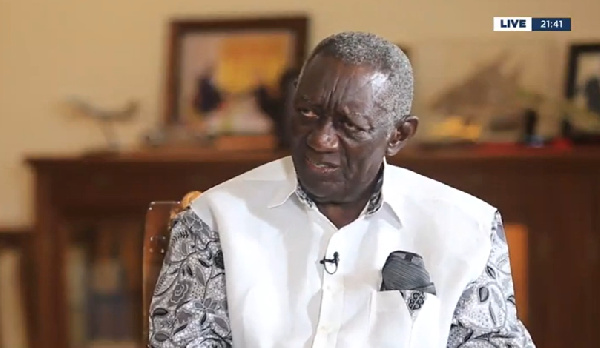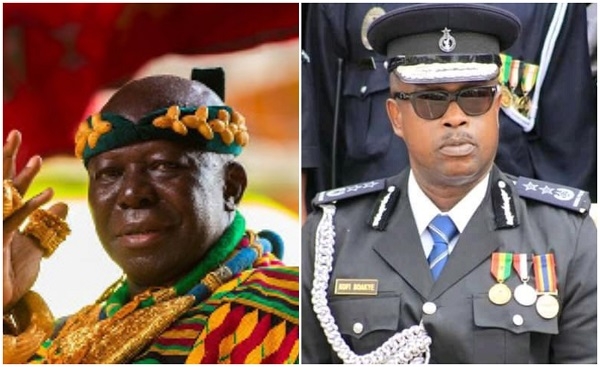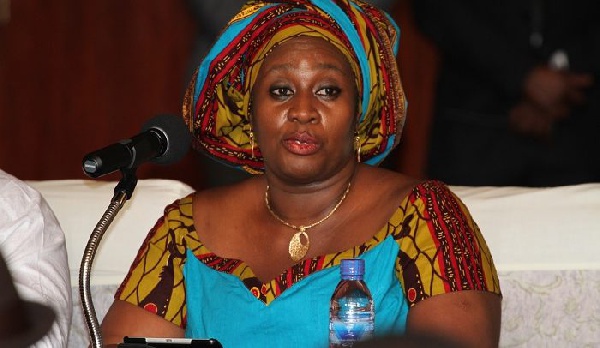

It is rather likely that if you were the least bit cognizant on Thursday, 15 November 2018, you were listening to Ghana’s Finance Minister, Ken Ofori-Atta, outline the political agenda to reorient our socioeconomic sphere when he delivered the 178-page 2019 Budget Statement and Economic Policy, in accordance with Article 179 of the 1992 Constitution of the 4th Republic of Ghana, before the 7th Parliament.
The theme was “A Stronger Economy for Jobs and Prosperity” and focused primarily on reforms for agricultural modernisation; industrialisation; entrepreneurship and revenue mobilisation. But to wit, in Ghana, the budget is normally a gentle reminder to citizens of the Republic about our economic setbacks, so they look forward to challenges.
I joined the fraternity of press agentry which had been deployed to cover the occasion and engaged various Members of Parliament and journalists in discourse concerning the prospects of economic growth. And even more importantly, how the budget was going to impact the youth of our Republic.
The press had been allocated a space right behind the public gallery of the House of Parliament, from which a dozen radio and television stations were broadcasting the event live. The atmosphere was lit! I perused a thick volume of documents I had been primed with, by the research team of D. K. T. Djokoto & Co, the previous night and quietly rolled the key issues around my tongue.
The cliché skittish blame game between MPs across the political divide, about the woeful economic circumstances of the average Ghanaian, dominated the discussion as usual. There is often a tendency for the incumbent government to undermine the culture of accountability by shifting the responsibility for our contemporary challenges on previous administrations. And these conversations ultimately never reveal any significant information; it is only a chance for politicians to spew propaganda to score political points. I was spoilt for choice, even with the few minutes of time allowed for my probing of the politicians on panel discussions, considering the endless cases of incompetent governance and the pulp of disputable facts, or utterly lame excuses that came from them.
But the people who called in to make their complaints heard issued the government a myriad of reality cheques – the fact is that many Ghanaians have still not recovered from the shock of the government’s intervention to regulate the free market, although the government reportedly saved up to GH¢11.0 billion and 2,661 jobs in 2018.

Ken Ofori-Atta & the art of compromise.
The Finance Minister had led a radical bank-cleaning exercise over the year which resulted in the collapse of 7 banks, within a short period of time. The economic climate has been quite tense ever since and the periodical budget presented the government with an opportunity to restore confidence in the dwindling popularity of the President and his economic management team. To many Ghanaians, the government’s solution to problems is often as bad, or even worse, than the problem itself.
The Finance Minister, however, has greatly indulged in the art of compromise over the last 22-months, temporarily shifting the burdening obligation of tax across various sectors of the economy and social classes.
In July 2018, the government introduced the unpopular high net worth income tax which was a 35 per cent tax on incomes above GH¢10,000. People who earn GH¢10,000 have now received an exemption from paying the personal income tax that was introduced last year. The government has also cut the tax rate for people earning more than GH¢20,000 monthly to 30 percent from 35 percent. The abolished tax on domestic airline tickets would also increase inter-regional trade and the mobility of products/expertise amongst the various provinces of the Republic. A wide range of taxes from healthcare; real estate and spare parts were also abolished.
The truth of the matter is that: compromise is also dividing the cake in such a way as to make everybody believe they ended up with the biggest slice.
The government’s decision to abolish levies on ‘Kayayei’, a physically demanding trade predominantly consisting of women, for example, would increase the disposable income of female workers. It was arguably harsh, on the part of the government, to have imposed levies on a demography of workers who laboured intensely for low wages, without the security of employment, in the first place.
The Finance Minister remained firmly on his feet, gripping the dispatch box and maintaining composure while rounding up on his presentation, as both sides of the august house taunted each other.
Two hundred and thirty-three feet deep in this concrete jungle, the reality strikes you immediately — it is no longer a question of what the Republic can do for citizens, but what citizens can do for the Republic. Politics is an extreme sport for the average player, it is a beautiful game of chess for the more sophisticated player and it is a matter of destiny for a true visionary.






